-
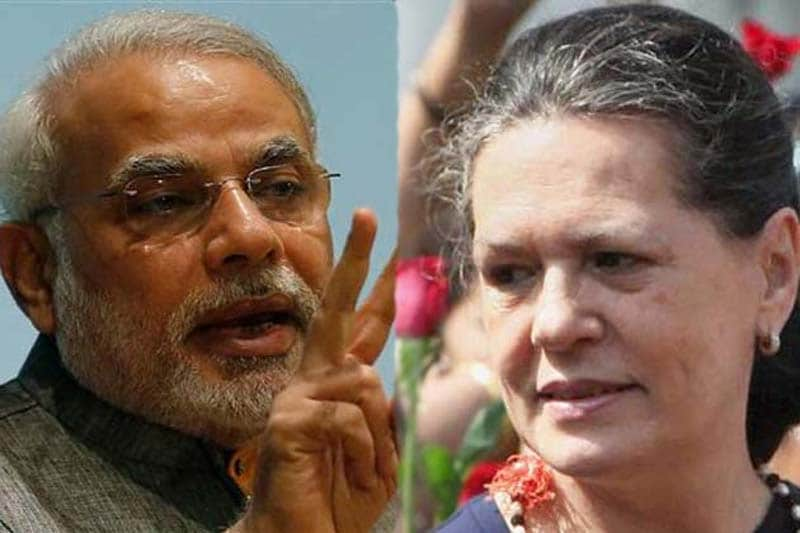
With the GST Bill hanging fire in Parliament and the NDA economic reforms’ legislative agenda on the brink of failure, PM Narendra Modi sent a tea invite to Sonia Gandhi last week and actually met her along with former PM Manmohan Singh. His retreat from a high position of conflict to one of building consensus indicated that Bharatiya Janata Party (BJP) had realised it could not get crucial economic reforms through without the Congress. The political firmament and much of the country at large was caught by surprise, but the writing was on the wall for PM Narendra Modi – if he wanted to deliver on his poll promises made to the people of India, he had to tone down the anti-Congress rhetoric and give the party the attention it wanted to get its approval for the GST bill and other crucial pending legislation. Now that Sonia has got that and also opening of the direct talking channel with PM Narendra Modi, she is taking her time about how to proceed on the GST Bill. Whatever the outcome, here, in 10 points we provide the reasons that forced Narendra Modi to retreat in the face of Congress party opposition – here are the top 10 changes in the GST Bill Congress has demanded in return for its approval:
-
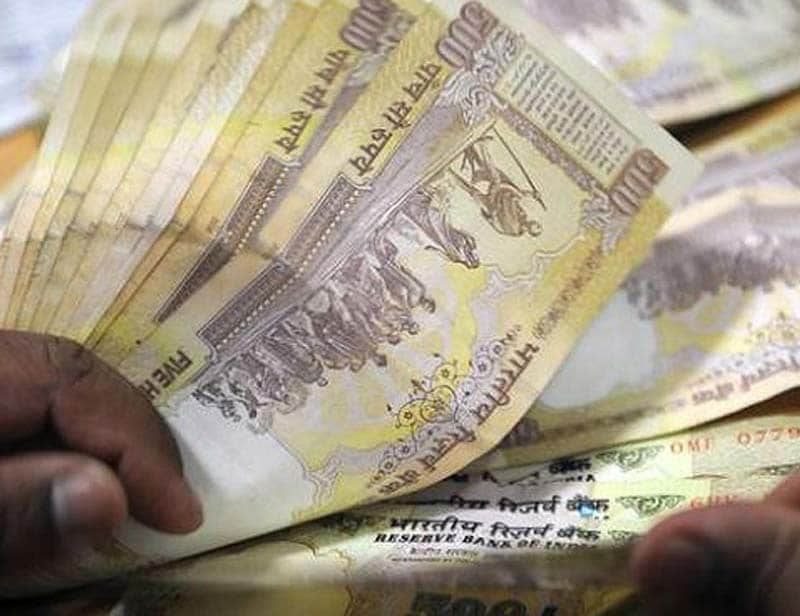
1. Keep GST rates moderate and reasonable so that consumers, particularly poor consumers, are not excessively burdened, and to this end proposed that the GST Council be bound by the Constitution ~o not exceed 18% as the rate for an adequately revenue-generating GST. There is the precedent of a specific rate of taxation provided for in article 276(2) as also in clause 18 of the Bill.
-
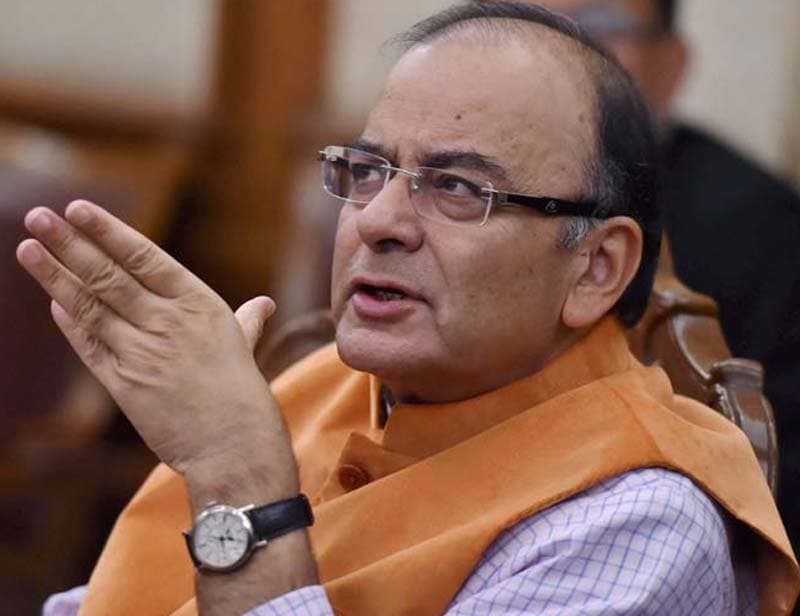
2. It would be improper to commend a Bill to Parliament that did not adequately define so crucial a term as "supply /supplies.
-
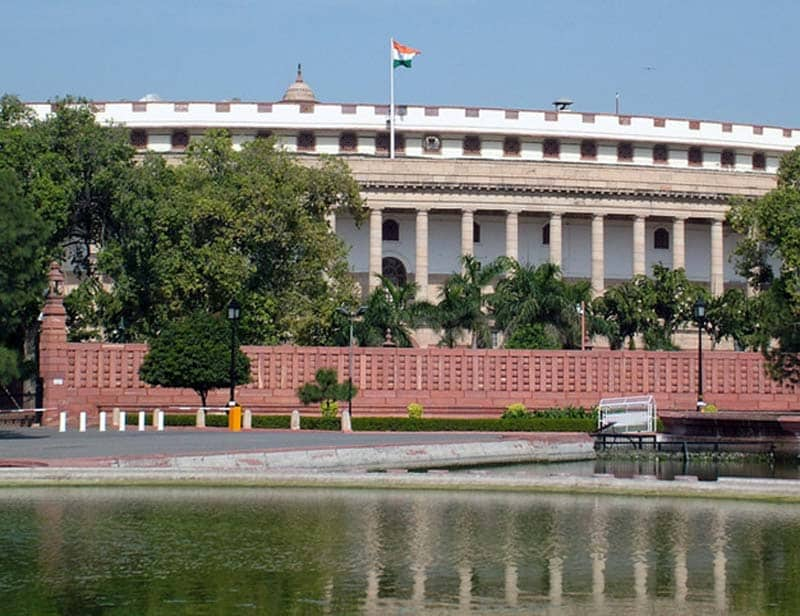
3. Under clause 4(c), among the "principles" to be considered by the GST Council while preparing GST laws the principle of "share of local bodies in revenue buoyancy and compensation for losses sustained through taxes subsumed" should be included as articles 243H and 243X provide for State Legislatures to, by law, ensure the "sound finances" of the local bodies. This would also enable State Finance Commissions set up under articles 243 I and 243 Y to provide for augmenting the share of local bodies in revenue buoyancy generated by the adoption of GST.
-
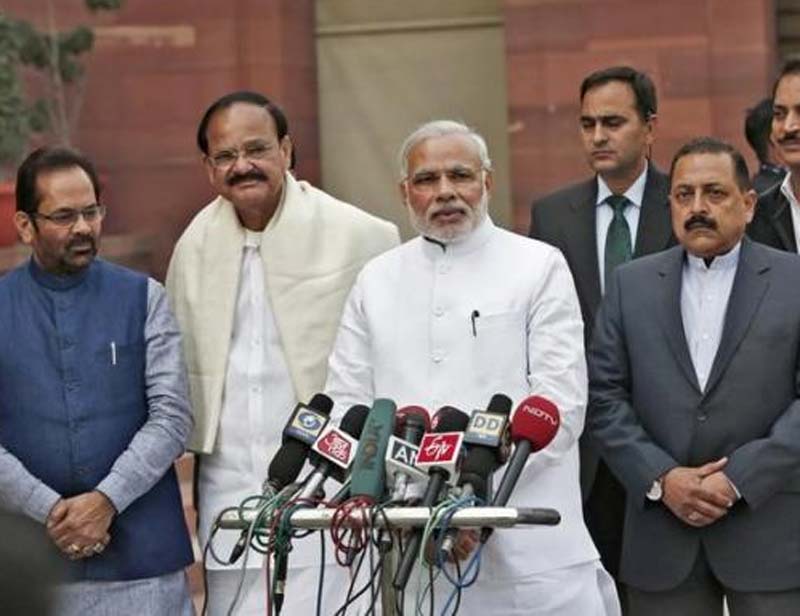
4. "Special consideration" may also be extended to States like Goa and Union territories like Puducherry by adding at the end of 4(g) "and any State or Union territory having a population not exceeding twenty lakhs". This proposal was made in response to the specific request of Goa and Puducherry to be given special consideration in view of their small size and limited sources of revenue.
-
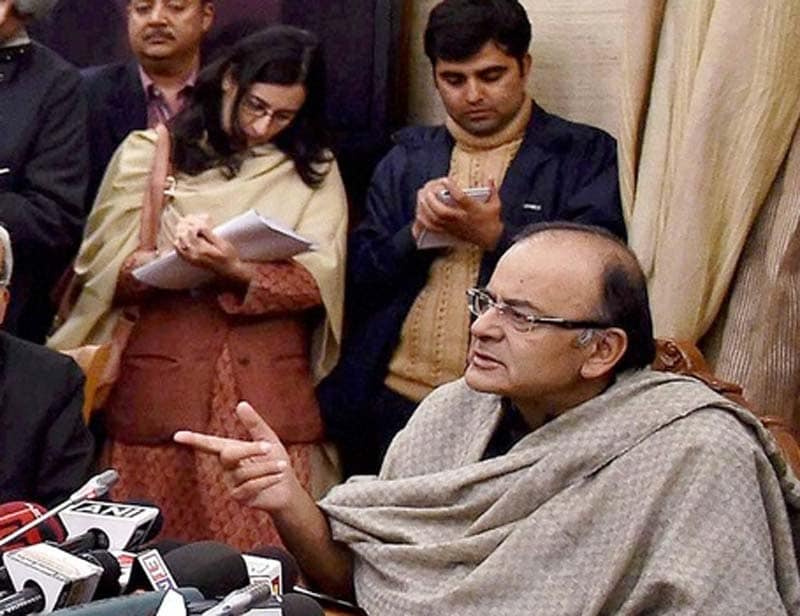
5. In Paragraph 35.4, amend the last sentence to read: "These items have been kept out of GST for the present to protect the revenue interest of the States."
-
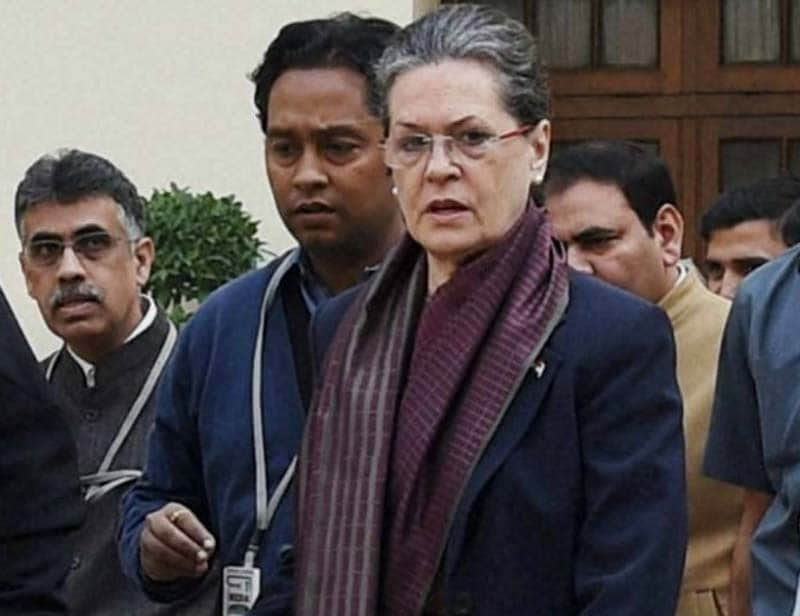
6. Include in clause 12(5) of highly revenue generating products like tobacco and tobacco products, alcohol for human consumption and electricity supply and consumption within a period not later than five years so that India, within a few years, fulfils the fundamental GST objective of making the entire nation a single common market for all products.
-
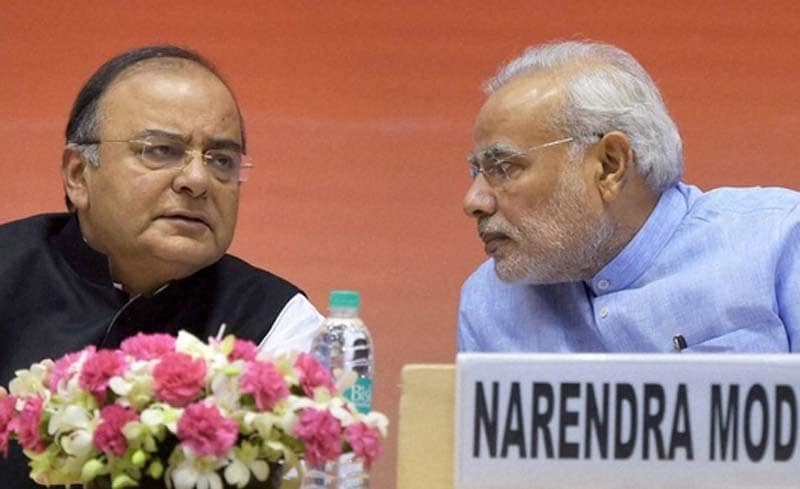
7. The overarching objective of GST is to progressively render India a common market for all goods and services, including so-called 'demerit' goods. If a higher rate of tax has to be imposed on such goods, the GST Council may be authorised to do so.
-
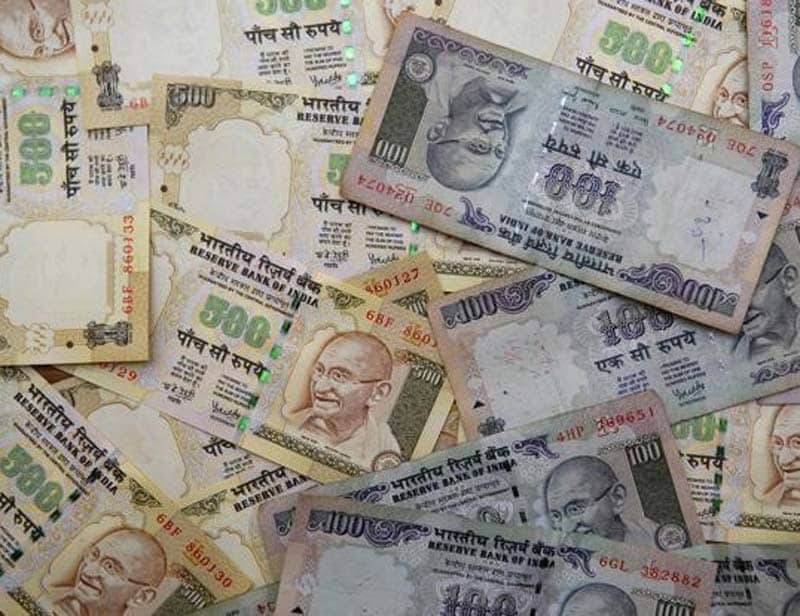
8. 100 percent compensation be provided for a period not less than five years. In view of guaranteed compensation for any loss incurred by any State or Union territory, there is no need to levy a market-distorting 1% additional levy.
-
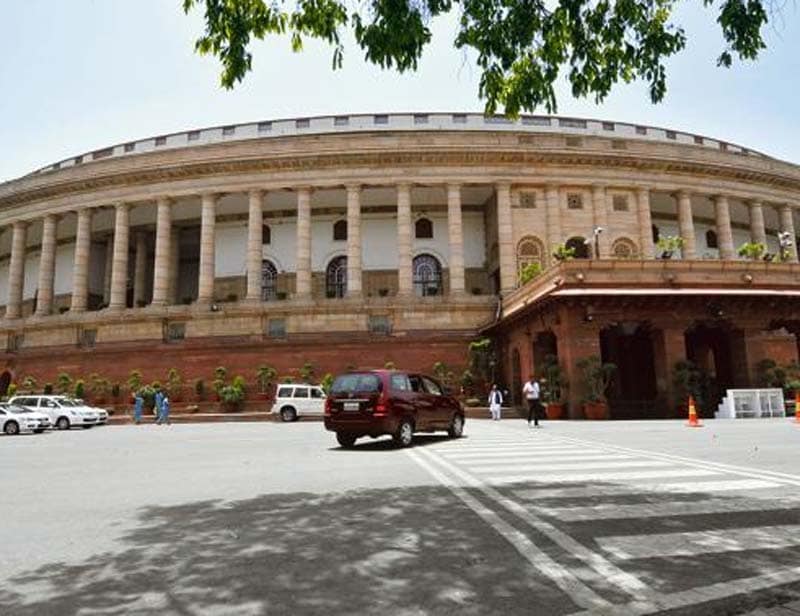
9. Proposed the addition of the words: ", as well as The Panchayats and The Municipalities through State Legislatures" so as to ensure the "sound finances" of the local bodies while respecting the Constitutional order that as local bodies are in the State List it is for State Legislatures, by law, to "authorise a Panchayat/Municipality to levy, collect and appropriate" such taxes.
-
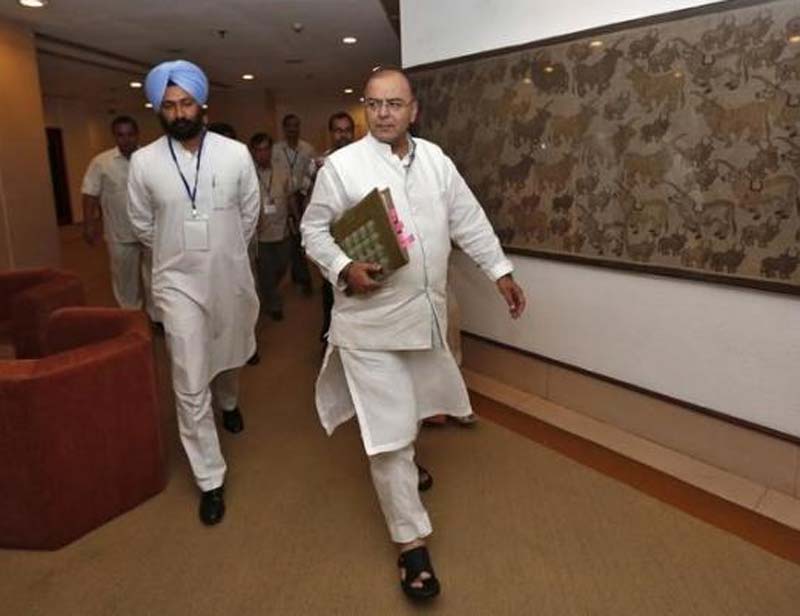
10. Addition of the intent: "so as to progressively ensure a true common market for all goods”.

Forget Rs 1 crore: Why Rs 50 lakh is the only number that matters for financial freedom






